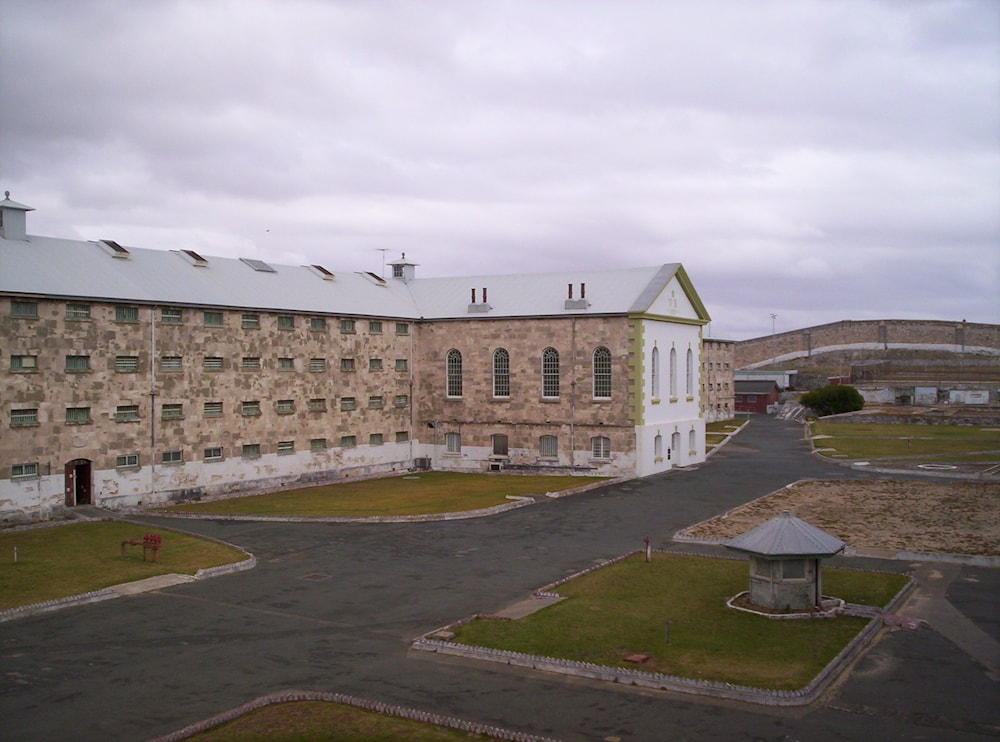Australia: UN anti-torture watchdog says to limit prisoners on remand
The UN subcommittee on the prevention of torture (SPT) reported a warning for the reduction of the ‘extraordinary’ number of prisoners awaiting trial while calling for the ban of spit hoods and the reduction of strip searches.
-

The main cellblock of Fremantle prison in Australia (Wikimedia Commons/Ghostieguide)
The UN subcommittee on the prevention of torture (SPT) has released a report urging Australia to reduce the ‘extraordinary’ number of prisoners awaiting trial, while calling for the ban of spit hoods and the reduction of strip searches.
The report follows the UN subcommittee's visit in October of last year but the visit was short-lived after it was prevented from accessing detention facilities in New South Wales and Queensland.
Australia was in "clear breach" of its international commitments, according to lead inspector Aisha Mohammad, a Supreme Court judge in the Maldives. "Despite our numerous efforts to explain our preventative mandate, this was clearly not understood," she said.
According to the report, the visit saw an “extraordinary number of persons deprived of their liberty on remand” in Australia, constituting 70% of the prison population in some locations visited. It added that this was partially due to the reversal of the presumption of bail for certain offenses which disproportionately impacted Indigenous people and other vulnerable groups.
Steven Caruana, the coordinator of the optional protocol to the convention against torture (Opcat) network in Australia, stated that the UN's suggestions were logical as “They go to the heart of decent and humane treatment of people in places of detention,” adding, “This shows a clear picture that a lot of what we do in Australia does not meet international best practice and we need to lift the bar.”
Read next: Aussie woman guilty of killing husband laced vegetable soup with pills
The subcommittee at the time paid a visit to Victoria’s Dame Phyllis Frost Centre and Port Phillip prison, and youth justice facilities in Tasmania, the Northern Territory, and Western Australia. The Banksia Hill detention center in Western Australia had “cells with mattresses on the floor, and no running water, working showers or televisions”.
“Children were left alone in their cells for up to 23 hours per day, amounting to de facto solitary confinement, with lighting in cells controlled from outside,” their report claimed, stating that children were “housed in rooms covered in graffiti, with insalubrious bed sheets” in the Northern Territory's Don Dale youth detention center.
Brushing off the law
The report described spit hoods as “inhuman and degrading treatment”, saying that restraints in places of detention were “largely unregulated and insufficiently documented” through body-worn cameras and said they should be limited to situations when “absolutely necessary” and conform to strict regulation.
“The subcommittee observed the use of handcuffs, belt tethers and shackles as a matter of routine, including on children, without individual determination as to the circumstances or the necessity and proportionality of the use of such tools and with little, if any, external oversight,” the report noted.
Australia was also advised to amend the Migration Act for non-custodial measures over mandatory immigration detention.
This also comes after Australia in January did not meet its requirements in prison oversight under Opcat regulations, which could put the nation on a UN blacklist. States and territories must allocate independent bodies as domestic watchdogs and inspect places of detention like prisons, youth justice facilities, and police cells.
Australia adopted the Optional Protocol to the Convention Against Torture (OPCAT) in 2017, pledging measures that protect detainees and subject facilities to inspection.
The three most populous states, NSW, Victoria, and Queensland, have not done so yet, amid a funding dispute with the commonwealth over their existence.
Only three other countries have had anti-torture inspectors delay or postpone missions: Rwanda, Azerbaijan, and Ukraine.

 4 Min Read
4 Min Read








